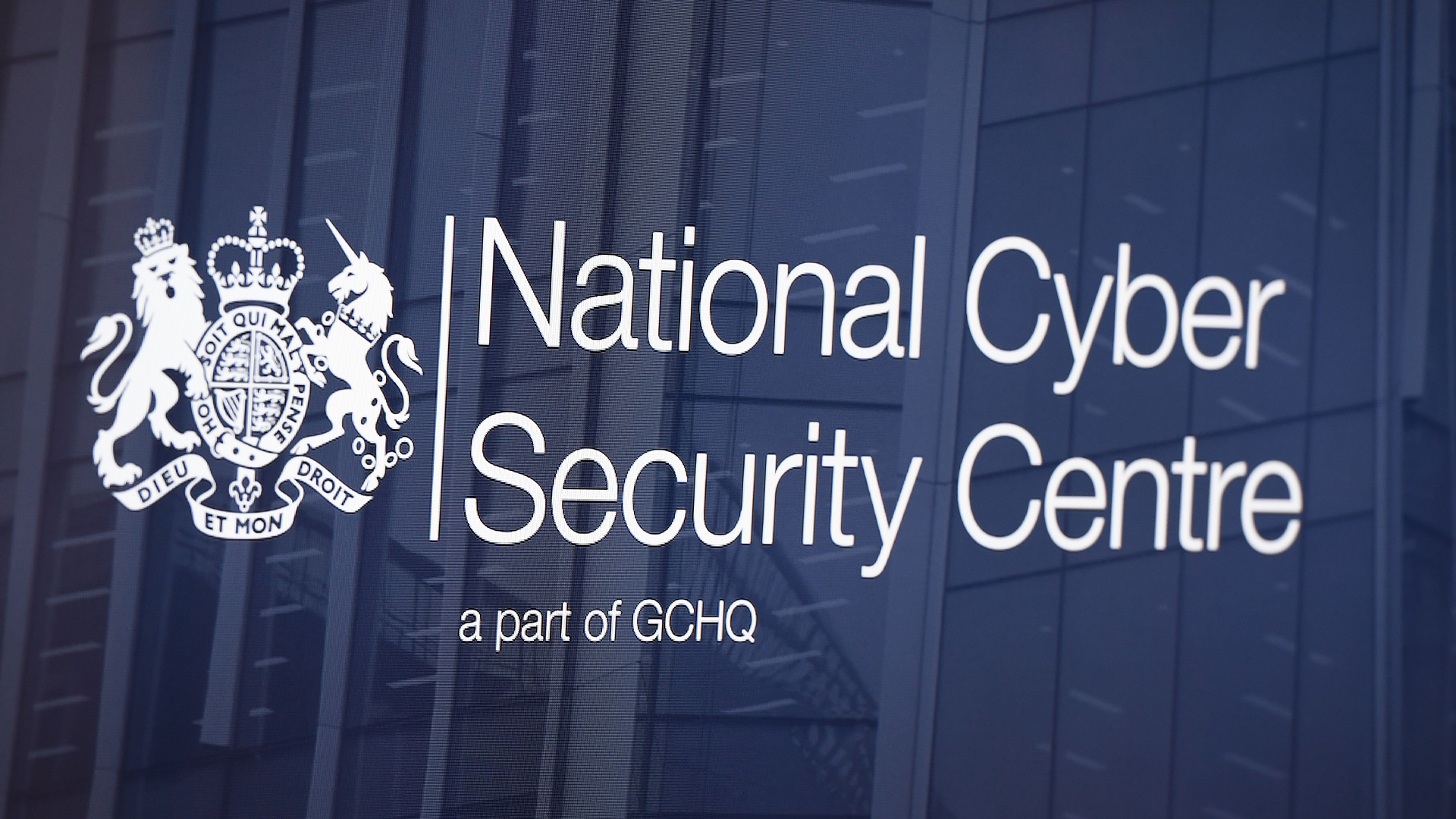75% of UK business leaders are willing to risk criminal penalties to pay ransoms
A ransom payment ban is a great idea - until you're the one being targeted...


UK business leaders are overwhelmingly in favor of a ban on ransomware payments in the private sector - but would break such a ban themselves if they thought it was necessary.
The government is proposing a ban on the payment of ransoms by public sector bodies and operators of critical national infrastructure, including the NHS, local councils, and schools.
For the time being, the ban doesn’t extend to private firms. However, analysis from Commvault found that 96% of UK business leaders believe payments should be banned across both the public and private sectors.
30% off Keeper Security's Business Starter and Business plans
Keeper Security is trusted and valued by thousands of businesses and millions of employees. Why not join them and protect your most important assets while taking advantage of this special offer?
In the event of a ban being imposed on private sector firms, three-quarters (75%) admitted they would still pay a ransom themselves if it were the only way to save their organization, regardless of whether civil or criminal penalties applied.
“Paying a ransom rarely guarantees recovery and often increases the likelihood of being targeted again,” said Darren Thomson, field CTO EMEAI at Commvault.
“A well-enforced ban could help take the profit out of ransomware, but it must be matched by greater investment in prevention, detection, and recovery-testing. Without that, more organizations could find themselves exposed at the worst possible moment, with no viable path to recovery.”
The survey found that 94% of business leaders support limiting ransom payments for public bodies, and 99% for private organizations.
Sign up today and you will receive a free copy of our Future Focus 2025 report - the leading guidance on AI, cybersecurity and other IT challenges as per 700+ senior executives
However, in real-world situations within the private sector, only 10% said they would actually comply with any ban if they were attacked. A further 15% said they'd be neither likely nor unlikely to comply.
Of those who supported a proposed payment ban, 34% reckoned it would lead to increased government support and intervention to help build up cyber resilience.
Another third thought it would bring down the number of attacks by reducing the incentive for attackers.
Ransom payment bans are a tightrope for private firms
While the government's proposals so far only ban the payment of ransoms by public sector bodies and operators of critical national infrastructure, they do place certain constraints on private firms.
Businesses would be required to notify the government of any intent to pay a ransom - which would then tell them whether or not they'd be breaking the law by sending money to sanctioned cyber criminal groups, many of which are based in Russia.
“Ransomware and cyber attacks will be a concern for a long time, as international cyber gangs make huge profits from them and use these resources to continually develop their attack tools," says Jane Frankland, CEO of security training firm Knewstart.
Make sure to follow ITPro on Google News to keep tabs on all our latest news, analysis, and reviews.
MORE FROM ITPRO
- The ransomware groups worrying security researchers in 2025
- Nearly half of MSPs admit to having a ransomware kitty
- Ransomware victims are getting better at haggling with hackers
Emma Woollacott is a freelance journalist writing for publications including the BBC, Private Eye, Forbes, Raconteur and specialist technology titles.
-
 The modern workplace: Standardizing collaboration for the enterprise IT leader
The modern workplace: Standardizing collaboration for the enterprise IT leaderHow Barco ClickShare Hub is redefining the meeting room
-
 Interim CISA chief uploaded sensitive documents to a public version of ChatGPT
Interim CISA chief uploaded sensitive documents to a public version of ChatGPTNews The incident at CISA raises yet more concerns about the rise of ‘shadow AI’ and data protection risks
-
 CISA’s interim chief uploaded sensitive documents to a public version of ChatGPT – security experts explain why you should never do that
CISA’s interim chief uploaded sensitive documents to a public version of ChatGPT – security experts explain why you should never do thatNews The incident at CISA raises yet more concerns about the rise of ‘shadow AI’ and data protection risks
-
 Former Google engineer convicted of economic espionage after stealing thousands of secret AI, supercomputing documents
Former Google engineer convicted of economic espionage after stealing thousands of secret AI, supercomputing documentsNews Linwei Ding told Chinese investors he could build a world-class supercomputer
-
 The FBI has seized the RAMP hacking forum, but will the takedown stick? History tells us otherwise
The FBI has seized the RAMP hacking forum, but will the takedown stick? History tells us otherwiseNews Billing itself as the “only place ransomware allowed", RAMP catered mainly for Russian-speaking cyber criminals
-
 Everything we know so far about the Nike data breach
Everything we know so far about the Nike data breachNews Hackers behind the WorldLeaks ransomware group claim to have accessed sensitive corporate data
-
 90% of companies are woefully unprepared for quantum security threats – analysts say they need to get a move on
90% of companies are woefully unprepared for quantum security threats – analysts say they need to get a move onNews Quantum security threats are coming, but a Bain & Company survey shows systems aren't yet in place to prevent widespread chaos
-
 LastPass issues alert as customers targeted in new phishing campaign
LastPass issues alert as customers targeted in new phishing campaignNews LastPass has urged customers to be on the alert for phishing emails amidst an ongoing scam campaign that encourages users to backup vaults.
-
 NCSC names and shames pro-Russia hacktivist group amid escalating DDoS attacks on UK public services
NCSC names and shames pro-Russia hacktivist group amid escalating DDoS attacks on UK public servicesNews Russia-linked hacktivists are increasingly trying to cause chaos for UK organizations
-
 An AWS CodeBuild vulnerability could’ve caused supply chain chaos – luckily a fix was applied before disaster struck
An AWS CodeBuild vulnerability could’ve caused supply chain chaos – luckily a fix was applied before disaster struckNews A single misconfiguration could have allowed attackers to inject malicious code to launch a platform-wide compromise

